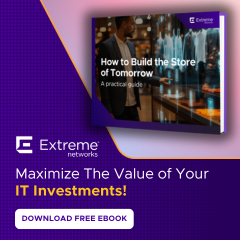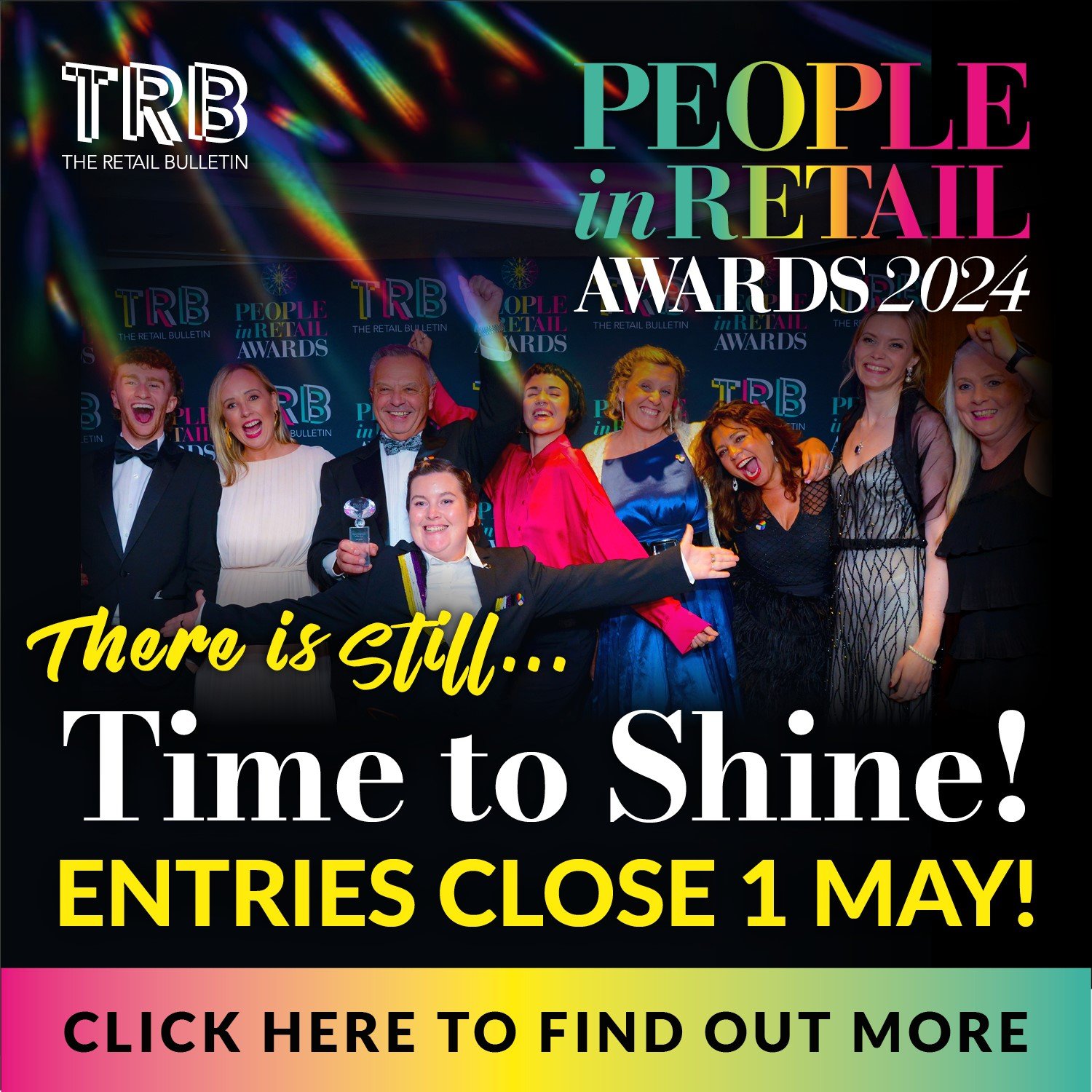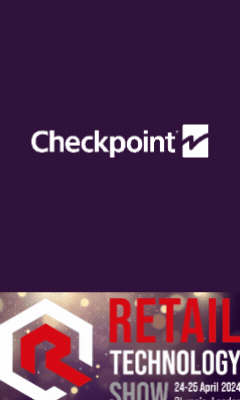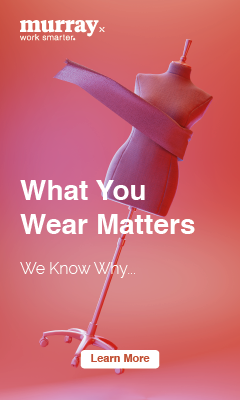The Big Interview: Suki Sandhu, CEO & founder of INvolve and Audeliss
In keeping with our theme of ‘people matter’ and our continued celebration this Pride month, we feel privileged to share our latest interview with you.
Suki Sandhu is recognised as one of the most influential figures within the LGBT+ community alongside the likes of Graham Norton and Stephen Fry, he was awarded an OBE in the 2019 New Year’s Honours for Services to Diversity in Business, has worked high profile events at the House of Lords in partnership with the Commonwealth Office, spoken at a UN Summit on gender equality and featuring everywhere from the BBC to City A.M and The Gay Times.
What is your background?
I grew up in Derby, in a working-class Sikh household. My parents emigrated from India and ran a grocery store. They had a great work ethic, and their desire to work hard for their family was instilled in me from a young age. I joined the recruitment industry after university, initially working for a large and well-respected firm, where I found the culture very macho, white and middle class. I came out as gay in my early twenties – back then it was a different time and there wasn’t as much acceptance or understanding at work or in wider society. However, I found that I thrived in recruitment, breaking company records and becoming the company’s top consultant.
From there, I moved to a boutique firm where they were concentrating on wanting to change representation at senior levels within UK companies. This completely opened my eyes, instilling a desire in me to also work towards levelling the playing field through focused and committed recruitment. I chose to focus on a bigger agenda; in 2011 it was a given that chairmen and CEOs wanted to hire women, but what about race, LGBTQ+, and socio-economic diversity? It led me to start Audeliss, an executive search firm which focuses on recruiting in consideration of this range of diversity. Two years later, I also founded INvolve, which would focus on enabling leaders and change-makers to build more successful and empowering organisations where everyone can thrive.
Who is INvolve?
INvolve is a diversity and inclusion consultancy and global network which enables leaders and change-makers to build more successful and empowering organisations where everyone can thrive. We work with businesses that are committing to diversity, equity and inclusion to transform workplaces and mindsets and enable them to put their pledges into practice, wherever they are in their DEI journey.
In the last decade, we have created a team of strategic consultants and thought leaders affecting tangible change for clients, driven by both empathy and hard data, and inspired by an unrivalled network of diverse business leaders.
Who are your ‘customers’?
We work with over 100 global businesses, ranging from the likes of leading banks such as Barclays to huge corporations like Google. We have supported organisations across multiple sectors and regions with their unique DEI challenges, providing them with tailored solutions to improve their DEI outlook.
Looking at the retail sector, we have worked with several companies including a well-known retailer to create a completely tailored internal foundation training for Diversity and Inclusion which could be rolled out across the entire business through a train-the-trainer model. This allowed for inclusive thinking to be embedded across the organisation, from top management, through head office and to the shop floor.
In 2020, I coordinated a letter from some of Britain’s most high-profile business leaders, including the bosses of huge retailers Tesco, Sainsbury’s and John Lewis called ‘If Not Now, When?, calling for action to drive Black inclusion in business in the wake of George Floyd’s murder. This letter grew into an action-focused campaign, which now has over 80 UK signatory CEOs and organisations, including retail giants like Sainsburys’, M&S, Selfridges and John Lewis, who are working to create more inclusive workplaces for their Black employees.
There is some great work being done by retailers such as Tesco, another one of our If Not Now, When? signatories which has developed a diverse talent community (DTC) initiative, which aims to remove the barriers to the progression under-represented groups face in the workplace. The introduction of the DTC with a specific focus on Black colleagues was one of the key four pillars detailed in the Black Action Plan to increase Black talent at Tesco by 3% by 2030.
The work being done by some of the signatories is published in an annual report providing a snapshot into some of the inclusion initiatives organisations are running, and an insight into their future goals and aspirations for inclusion.
Why should businesses embrace inclusion?
Everyone deserves to feel included and supported at work, and employees are increasingly expecting their workplaces to have strong stances on inclusion and equity. For example, research has suggested that 77% of Gen Z workers consider it important that their company supports diversity and 82% emphasise the importance of mental health days. The number of Gen Z employees in the workforce is of course increasing, thus there is no time like the present for businesses to focus their efforts on embracing inclusion.
Not only this, but inclusive work environments have also been found to be directly correlated to employee engagement, a critical component of productivity and financial performance. The business case doesn’t even end there, with inclusion initiatives also increasing employee retention, as people feel more respected and thrive in their organisation.
For those just starting out on their DEI journey, how do you begin to build an inclusive culture?
Transparency is key and businesses need to know what their areas for improvement are before implementing initiatives that may not solve their specific challenges. Developing a detailed understanding of a current workplace culture determines where work needs to be done and also gives organisations tangible goals from which they can track progress. INvolve can enable organisations to learn more about their challenges and areas for improvement by deploying our RADAR benchmarking tool, that examines all the major functions within a business.
Building an inclusive culture also requires data, without which businesses can’t gauge how successful their initiatives for inclusion are or even understand what their employees specifically need. Start collecting data or refine your current processes to ensure that you can paint a picture of your organisation and also to hold senior leaders accountable for change.
Invest in trainings and workshops that provide all of your employees with a base knowledge on specific DEI topics. Whether that’s equipping them with the tools to discuss issues surrounding race or LGBTQ+ inclusion or setting hiring managers and leaders up for success through implementing inclusive leadership and recruitment workshops, inclusion needs to be prioritised and its learnings made widely available across a business.
Talent development programmes that are geared towards creating an equitable and fair playing field for diverse talent is also critical, as it is rooted in the understanding that not everyone begins their careers on an equal footing. Elevate your diverse talent through talent programmes and set them up for success.
Why are Role Models in business important?
Spotlighting those who are going above and beyond and smashing glass ceilings that stand in the way of progress is so important. Not only does it give them credit and allow them to reflect upon the positive impact they’re having on others, but it also inspires others to take part in similar work. We must look to them as examples of how we can all contribute to the removal of barriers and create businesses where everyone can thrive.
At INvolve, we publish three sets of annual Role Model Lists: Empower, Heroes and Outstanding, that showcase business leaders who are breaking down barriers at work and working hard to smash the ceiling for people of colour, women, and LGBTQ+ communities.
We also published our first ever Enable Role Model List supported by HSBC this year that shines a light on 20 incredible role models using their personal experiences of disability, mental health or neurodiversity to drive change within these spaces. The Role Model Lists aim to represent a wide range of impactful and innovative work being done for inclusion across different countries, organisations, and sectors, and celebrate the range of inspiring individuals who have made it their personal mission to make a difference.
What is equity and what role does this play in creating an inclusive culture?
Equity is key to creating and maintaining an inclusive culture and is based on the understanding that diverse talent face barriers in the workplace, right from entry. Creating an equitable workplace requires an organisation to reflect on the fact that there are systemic barriers and obstacles that stand in the way of success for diverse employees. In order to affect systemic change in the workplace, businesses must ensure that their policies and practices reflect this understanding and actively work to support and enable their diverse talent to succeed.
Practically, this looks like investing in talent development programmes for diverse talent to provide them with the tools that they need, and deserve, for career success. Mentoring and sponsorship are also key to creating equitable and fair opportunities and requires allies to democratise their learnings and share these with others and also to advocate for high potential diverse emerging leaders when they’re not in the room.
What’s on the horizon for INvolve?
We have a lot in the pipeline for INvolve this year. Our first-ever Enable Role Model List will launch in May, and will spotlight people with personal experiences of disability, mental health and neurodiversity who have made it their mission to improve the outlook for others at work.
Shortly afterwards, we will release our 2023 EMpower Role Model list, which continues to showcase business leaders who are working hard to improve the experiences of people of colour at work across the world.
It’s been an exciting year at INvolve so far with the launch of our Enable and Empower Role Model Lists and the announcement of an exciting new partnership with YouTube. Nominations for our Outstanding LGBTQ+ Role Model Lists supported by YouTube are now open and we’re already receiving some fantastic submissions from LGBTQ+ Executives, LGBTQ+ Future Leaders and Allies for global LGBTQ+ employees.
We’re looking forward to deploying more RADARs, and of course we’ll be delivering even more talent development programmes like our RISE Program and Inclusive Leadership Program soon. We’re also designing and delivering trainings and workshops across a wide range of organisations, and it’s great to see these businesses really investing in DEI as a priority.
We’re also so excited to be launching a new Emerging Leaders Program cohort in September 2023 which will see diverse talent from across global organisations take part in modular development programmes that will support them in their career development.
Pride month: Resources and interesting news.














